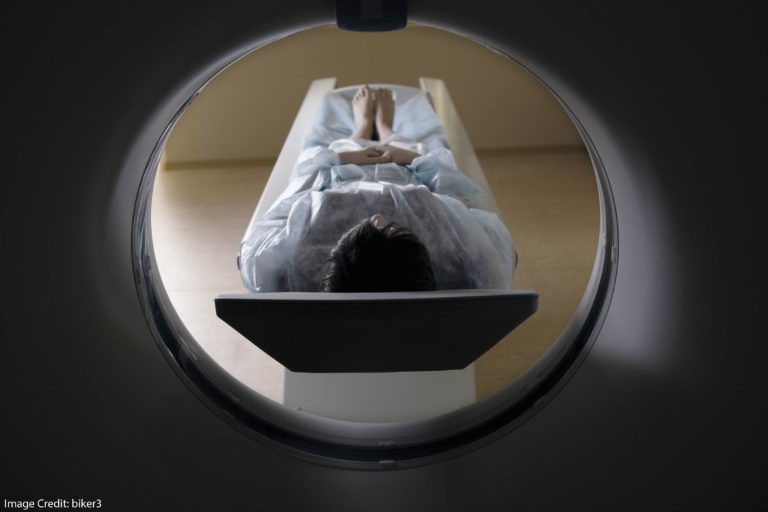Tags
ADHD adolescence attention autism book review boundary conditions classroom advice conference speakers constructivism/direct instruction creativity desirable difficulty development dual coding elementary school embodied cognition emotion evolution exercise experts and novices gender high school homework intelligence long-term memory math methodology middle school mind-wandering mindfulness Mindset motivation neuromyths neuroscience online learning parents psychology reading retrieval practice self-control skepticism sleep STEM stress technology working memoryRecent Comments
- Revisiting the "Handwriting vs. Laptops" Debate: More Moving Goalposts |Education & Teacher Conferences on Handwritten Notes or Laptop Notes: A Skeptic Converted?
- The Power Of A Growth Mindset: How Students Can Overcome Challenges - Sunshine Blessings on The Rise and Fall and Rise of Growth Mindset
- Goals, Failure, and Emotions: a Conceptual Framework |Education & Teacher Conferences on “Learning from Mistakes” vs. “Learning from Explanations”
- From Destruction to Rebuilding: Hope in Science’s Down Cycle on When Analogies Go Wrong: The Benefits of Stress?
- Dual Coding: Boosting Learning Through Words and Images – White Dragon of East County on Visual & Verbal: Welcome to “Dual Coding”
ABOUT THE BLOG
Tag Archives: skepticism

Trying to Prove Yourself Wrong
What should you do when you find evidence that contradicts your beliefs about teaching? Well, you can start by following Blake Harvard’s example… Continue reading

When Facing Dramatic Blog Headlines, Ask For Evidence
A recent blog claims that “exams damage teens’ mental health.” Before you accept that claim, you should check out its evidence… Continue reading

Debunking Education Myths (Without Accidentally Reinforcing Them…)
Enduring education myths get in the way of student learning. Happily, we have concrete strategies to rebut those myths — without unintentionally making them seem more persuasive. Continue reading

Sorting Hats, Myers-Briggs, and the Perils of False Classification
The Hidden Brain podcast on the dangers of false sorting reminds teachers about the dangers of Learning Styles Theory. Continue reading

Pointing Out Online Mistakes Like a “Jerk”: More Misuses of...
Despite the click-bait headlines, research doesn’t show much of anything surprising or consequential about people who correct your grammar online. Continue reading

No, Brain Scans Can’t See You Think
https://npjscilearncommunity.nature.com/users/19663-tracey-tokuhama-espinosa/posts/42620-deciphering-fact-from-fiction-about-the-brain Continue reading

Building a Better Research Mousetrap: @justsaysinmice
A new twitter account can help you sort the good science reporting from the bad. And, it’s got cute pictures too. Continue reading
“Mindset Bull****,” “Gimmicks,” and Other Unhelpful Critiques
My friend Cindy Nebel has a thoughtful post about a recent article at TES. Here’s…

Is Your Classroom Worth More Than $10,000?
Here’s a remarkable story about potentially falsified research data. The short version: researchers James Heathers…

Why Do Teachers Resist Research? And, Why Should We?
Let’s imagine that you show me research suggesting that students remember the words they draw…
